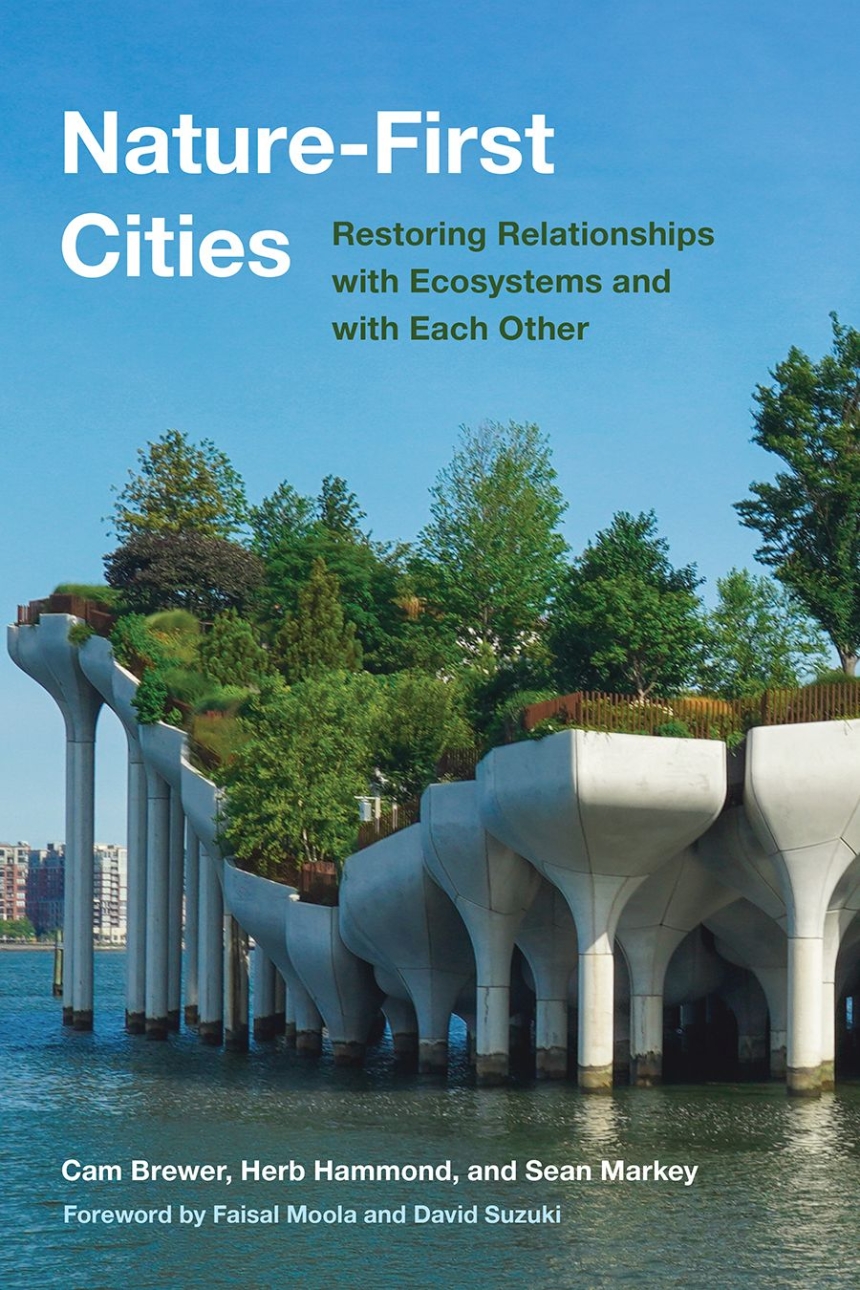University of British Columbia Press
Nature-First Cities
Restoring Relationships with Ecosystems and with Each Other
9780774868648
Distributed for University of British Columbia Press
Nature-First Cities
Restoring Relationships with Ecosystems and with Each Other
Argues that humans and nature can and should coexist in urban environments.
Nature belongs in cities, but how do we put nature first without pushing people aside? Nature-First Cities reveals the false dichotomy of that question by recognizing that people and nature are indivisible. Western urbanization has meant the ongoing expulsion of nature, which is engendering biodiversity loss and inequality, thwarting economic potential, and affecting health. This volume instead applies the science and practice of nature-directed stewardship to cities. Tested through case studies, this methodology for urban ecosystem restoration is uniquely effective at revitalizing our strained cities. Nature is woven into networks, distributed equitably across neighborhoods, and partnered with the urban density that is essential for addressing the climate crisis.
Nature-First Cities offers a practical framework for urban planning that reinforces our place in nature both physically, by ensuring that cities are replete with biodiversity and intact ecosystems, and conceptually, by rebalancing our relationships with the planet and with one another.
Nature belongs in cities, but how do we put nature first without pushing people aside? Nature-First Cities reveals the false dichotomy of that question by recognizing that people and nature are indivisible. Western urbanization has meant the ongoing expulsion of nature, which is engendering biodiversity loss and inequality, thwarting economic potential, and affecting health. This volume instead applies the science and practice of nature-directed stewardship to cities. Tested through case studies, this methodology for urban ecosystem restoration is uniquely effective at revitalizing our strained cities. Nature is woven into networks, distributed equitably across neighborhoods, and partnered with the urban density that is essential for addressing the climate crisis.
Nature-First Cities offers a practical framework for urban planning that reinforces our place in nature both physically, by ensuring that cities are replete with biodiversity and intact ecosystems, and conceptually, by rebalancing our relationships with the planet and with one another.
224 pages | 48 halftones, 9 line drawings, 9 maps | 6.5 x 9.5 | © 2024
Geography: Urban Geography
Political Science: Urban Politics
Sociology: Urban and Rural Sociology

